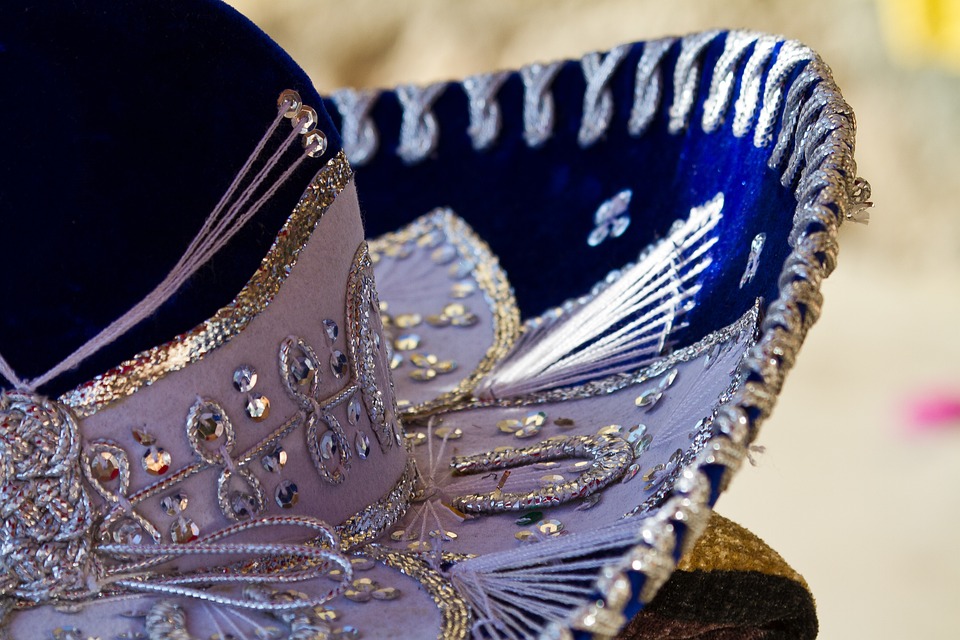You have, no doubt, heard of Cinco de Mayo, but do you know what it is? Well, prepare the guacamole, pour the tequila, and grab a Corona (the beer not the virus!) and let’s learn about it.
Cinco de Mayo celebrates an important date in history – May 5, 1862. The Battle of Puebla pitted elite French forces against a vastly undermanned Mexican army. If you’re wondering why the results of this battle matter, let’s take a closer look at the world stage in 1860. At the time, Mexico was struggling financially. They owed debt reimbursement to Spain, the U.K. and France. Mexico announced they were suspending payments for two years. Europe was not happy with this response. They sent over a joint military force to collect the debt.
Spain and the U.K. left Mexico after negotiating debt settlements. But French Emperor Napoleon III, a nephew of Napoleon Bonaparte, had other ideas. He decided to seize Mexico and make it the first colony in a new French stronghold in North America. Napoleon knew that the United States was embroiled in its own Civil War and was unlikely to intervene in this conquest. Napoleon also planned to provide guns to the Confederacy in exchange for southern cotton, a scarce commodity in Europe due to the Union Army’s shipping blockade of southern ports.
In early 1862, a well-trained force of elite French soldiers under the command of Major General Charles de Lorencez, marched from the Mexican port of Veracruz to capture Mexico City. On May 5, 1862, the French suffered a surprising defeat at Puebla by Mexican General Ignacio Zaragoza and his ragtag group of enlisted and volunteer soldiers. The French army retreated to Veracruz. They did not return to finally take Puebla until May 1863.
Some military historians contend that the year-long delay gave the Union army enough time to win decisive victories against the Confederacy. Thus, the French were unable to provide armaments and artillery to the Confederacy. Eric Rojo, retired U.S. Army Colonel, and commander-in-chief of the Military Order of the Loyal Legion of the United States, points out that the July 1863 Battle of Gettysburg and other Union victories were clearly “signaling the beginning of the end” for the Confederacy. Had the French been able to establish their supply line to the Confederacy in 1862, the outcome of the Civil War may have been different.
Mexican Americans and Latinos in California celebrated the first Cinco de Mayo in the United States only twenty days after the battle. We should remember that this day is a celebration of the spirit and determination of the Mexican people.

